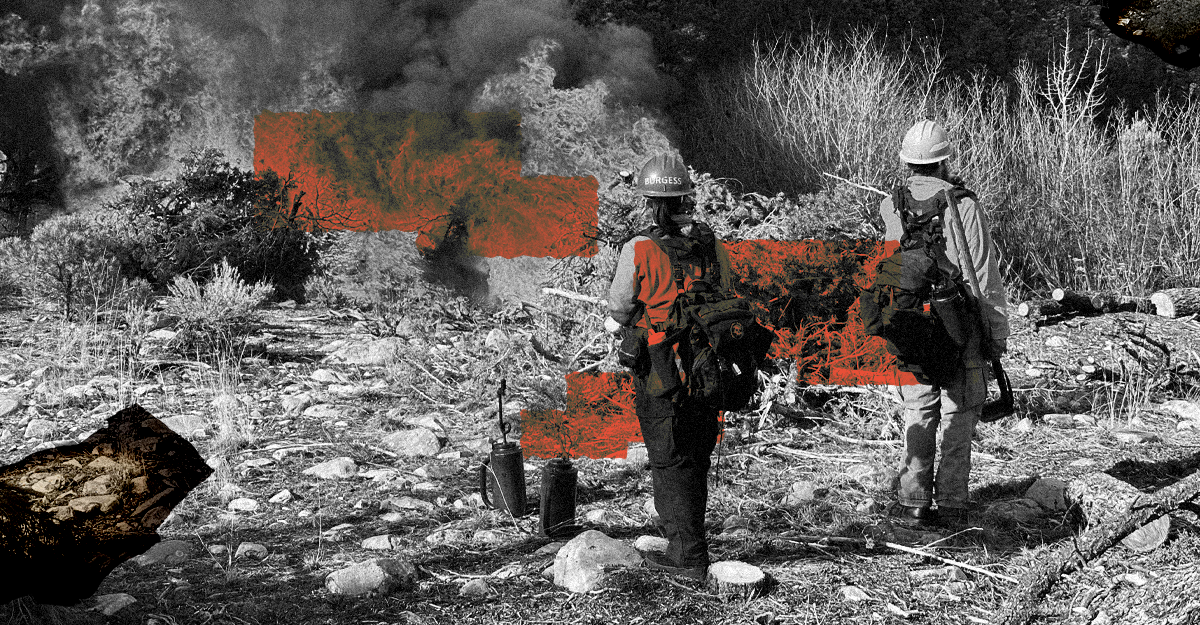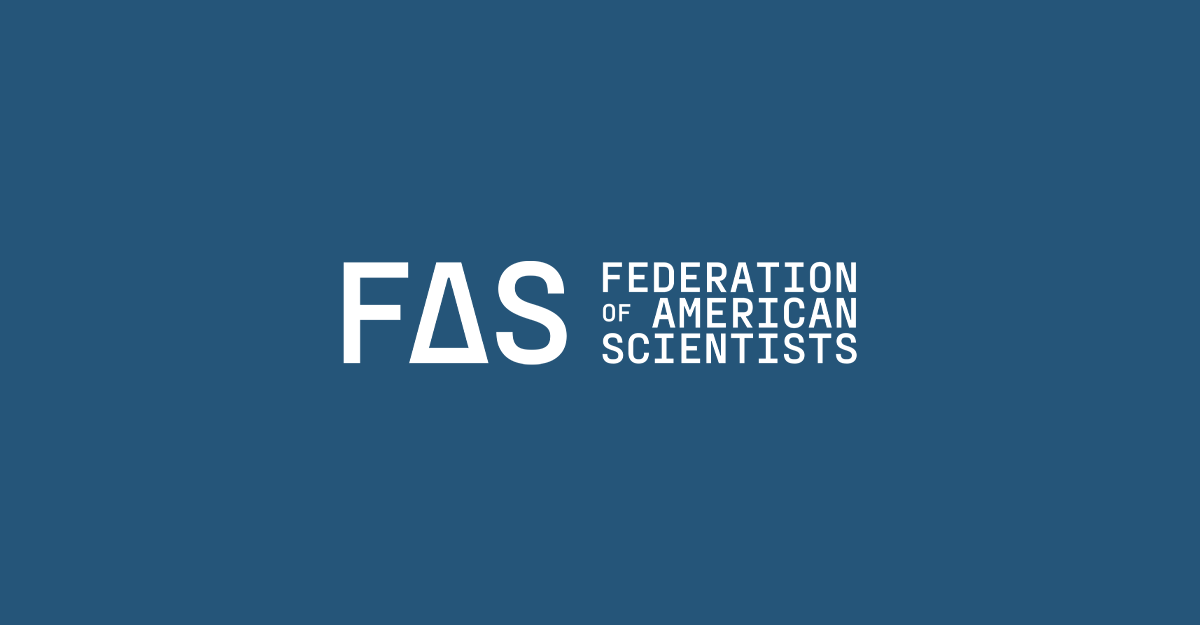Featured Publications



Science Policy
day one project
Enhancing Federal Climate Initiatives: Integrating Tech-Focused Green Jobs for Equity and Innovation
04.26.24
|
21 min read
read more
Science Policy
The Wildfire Crisis and FAS: A Story of Policy Entrepreneurship
04.24.24
|
5 min read
read more
FAS
Federation of American Scientists Among Leading Technology Organizations Pushing Congress to Support Responsible AI Innovation NIST Funding Request
04.23.24
|
4 min read
read more
publications
Science Policy
day one project
Policy Memo
Enhancing Federal Climate Initiatives: Integrating Tech-Focused Green Jobs for Equity and Innovation
By advocating for the integration of technology-focused green jobs within federal initiatives, there is an opportunity to broaden the talent pool and harness the potential of emerging technologies to tackle pressing environmental issues.
04.26.24
|
21 min read
read more
Science Policy
Blog
The Wildfire Crisis and FAS: A Story of Policy Entrepreneurship
“We really wanted a range of perspectives – specifically from voices that have been traditionally left out of the conversation”
04.24.24
|
5 min read
read more
FAS
Press release
Federation of American Scientists Among Leading Technology Organizations Pushing Congress to Support Responsible AI Innovation NIST Funding Request
The joint advocacy effort calls for the establishment of an effective AI governance framework through NIST, including technical standards, test methods, and objective evaluation techniques for the emerging technology.
04.23.24
|
4 min read
read more
Science Policy
Blog
Climate Change Challenges and Solutions in Forestry & Agriculture
Understanding the implications of climate change in agriculture and forestry is crucial for our nation to forge ahead with effective strategies and outcomes.
04.19.24
|
7 min read
read more